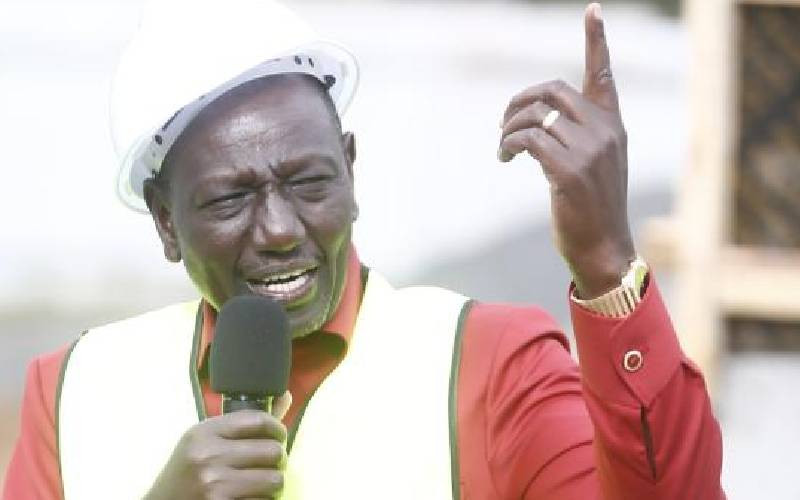×
The Standard e-Paper
Truth Without Fear

Defining his programme for the year, indefatigable Busia Senator Okoiti Okiya Omtatah declared this was the year of electoral and public finance management reforms.
To the Senator, fixing the electoral process and the Treasury would finally set Kenya on the right path towards democratic and economic growth. Not much can be said on electoral reforms.